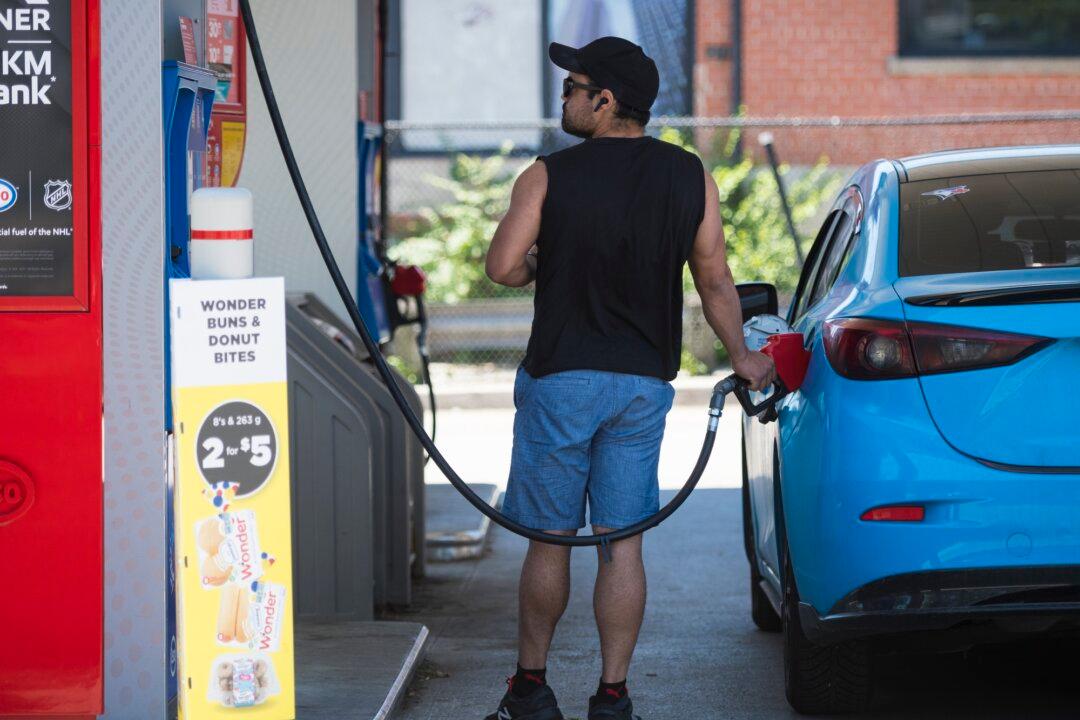On the path to reaching net-zero emissions by 2050, the Liberal government will impose new standards for fuel this coming July 1.
Consumers are unlikely to notice an immediate difference at the pump, but there will be an incremental impact over the next few years.





